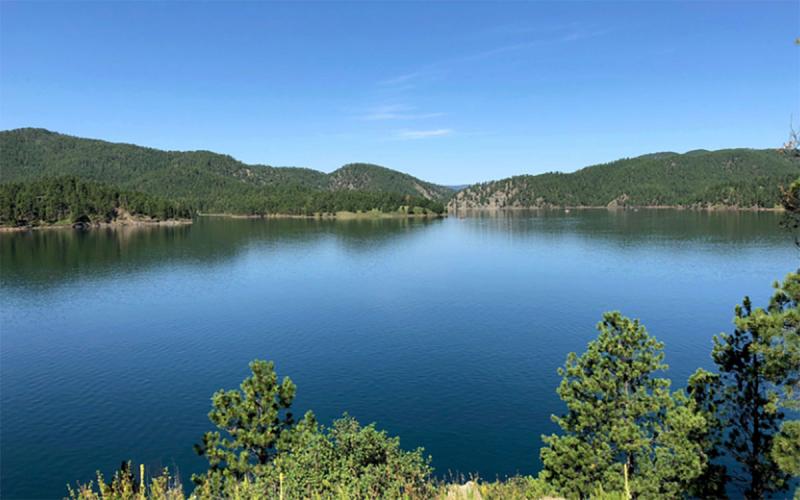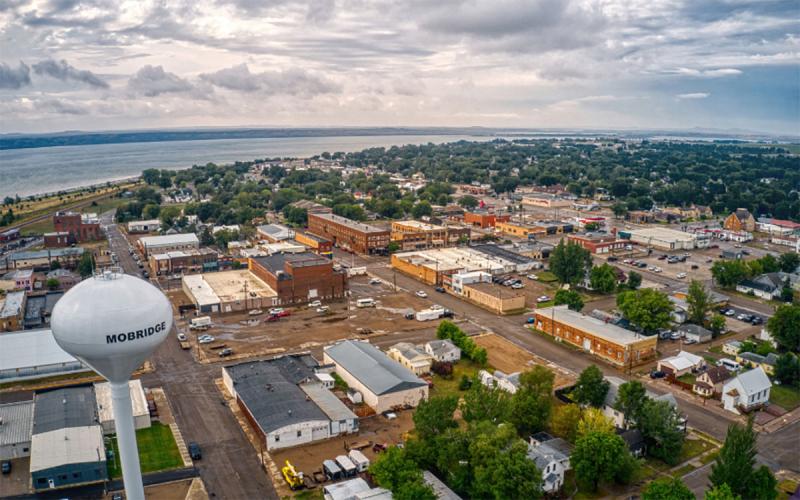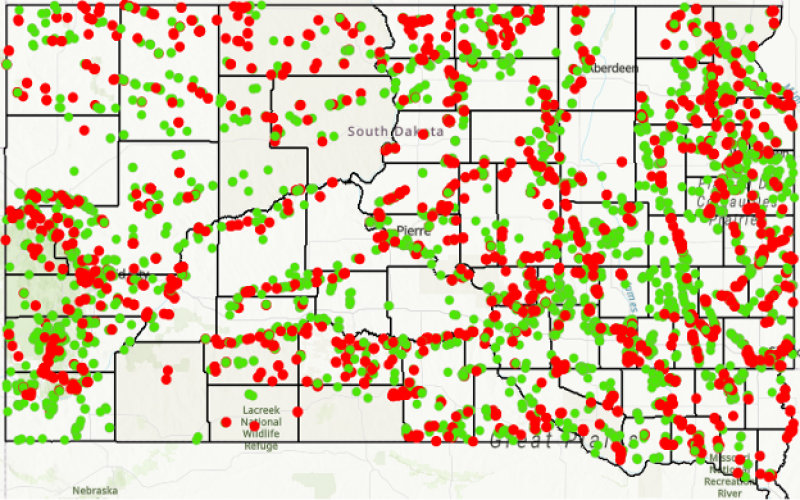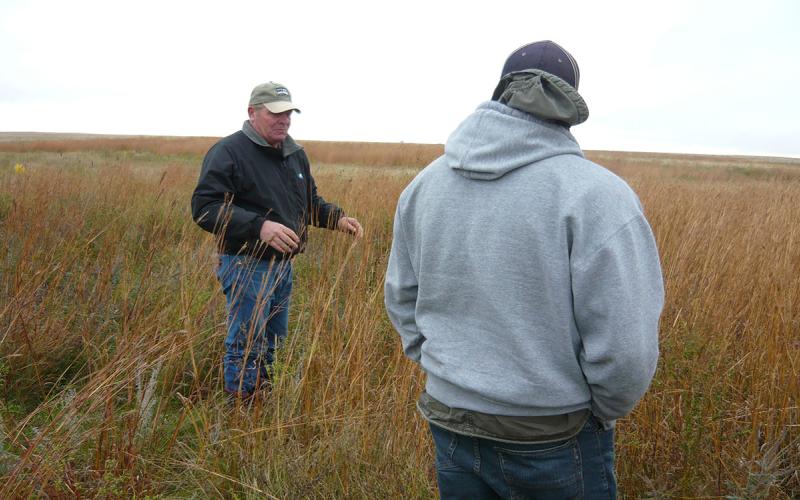Written collaboratively by Sushant Mehan, Jeremiah Bergstrom, and Robert Dalton.
The survey is currently closed. For more information about the survey, please contact Sushant Mehan, Jeremiah Bergstrom, or Robert Dalton.
Background

Have you ever considered what life would be like without access to water? If yes, how do you value water?
Understanding how residents value water is critical for effective resource management. We here at SDSU aim to assess how South Dakota residents perceive and prioritize water resources. This insight will help us better understand community values and inform future strategies for sustainable water management across the state.
The South Dakota Water Resources Survey is a community-driven resource management approach. In a significant move toward sustainable water management, South Dakota State University (SDSU) and SDSU Extension have initiated a comprehensive water resources survey in South Dakota. This collaborative effort, backed by the East Dakota Water Development District and Vermillion Water Development District, represents a crucial step in understanding and addressing the region's water-related challenges. We believe this initiative is very timely when communities face increasing pressures from flooding, drought, and water quality concerns.
Water is a keystone of life in South Dakota, playing a vital role in agriculture, recreation, and industrial development. However, managing this essential resource has often relied on general assumptions rather than concrete data about community needs and values. The survey aims to transform this approach by gathering detailed information about how residents perceive, use, and interact with their water resources. The research team recognizes that water-related challenges vary significantly across different communities. What might be a pressing concern in one area (such as flood management) could be less critical in another where drinking water quality takes precedence. This understanding has shaped the survey's comprehensive approach to capture the full spectrum of community experiences and concerns.
Objectives

The survey dives into several critical aspects of water resource management. Researchers are particularly interested in understanding how communities perceive the effectiveness of current water protection measures. Another crucial focus area is the documentation of primary water usage patterns. The survey examines how different sectors utilize water resources, from residential users to agricultural operations. This information is vital for developing policies that balance competing demands, while ensuring sustainable resource management.
Conservation practice is another significant component of the investigation. The research team is gathering data on current conservation efforts, including the maintenance of natural buffers, wetland protection, and the use of native vegetation. Understanding the community's engagement with these practices will help shape future outreach programs and conservation initiatives. Another key objective of the survey is to assess community preparedness for water-related events. South Dakota faces various challenges, from periodic flooding to drought conditions. By documenting the frequency and impact of these events, researchers can help communities develop more-effective response strategies. The survey also evaluates public awareness of existing state resources and programs. South Dakota offers various water conservation and management support mechanisms, but their effectiveness depends mainly on public awareness and accessibility. This assessment will help identify gaps in communication and outreach efforts, enabling more-effective program delivery.
This survey represents more than just a data collection effort—it's a commitment to community-driven water management. By giving residents a voice in the policies that affect their water resources, SDSU and its stakeholders are helping to ensure that future water management strategies reflect local priorities while supporting long-term sustainability goals. By understanding what aspects of water management matter most to residents (whether it's clean drinking water, recreational opportunities, or agricultural sustainability) decision-makers can better align policies with community priorities, including resource allocation. The findings will help identify areas requiring immediate attention, whether improving water infrastructure, enhancing conservation programs, or developing better communication strategies.


